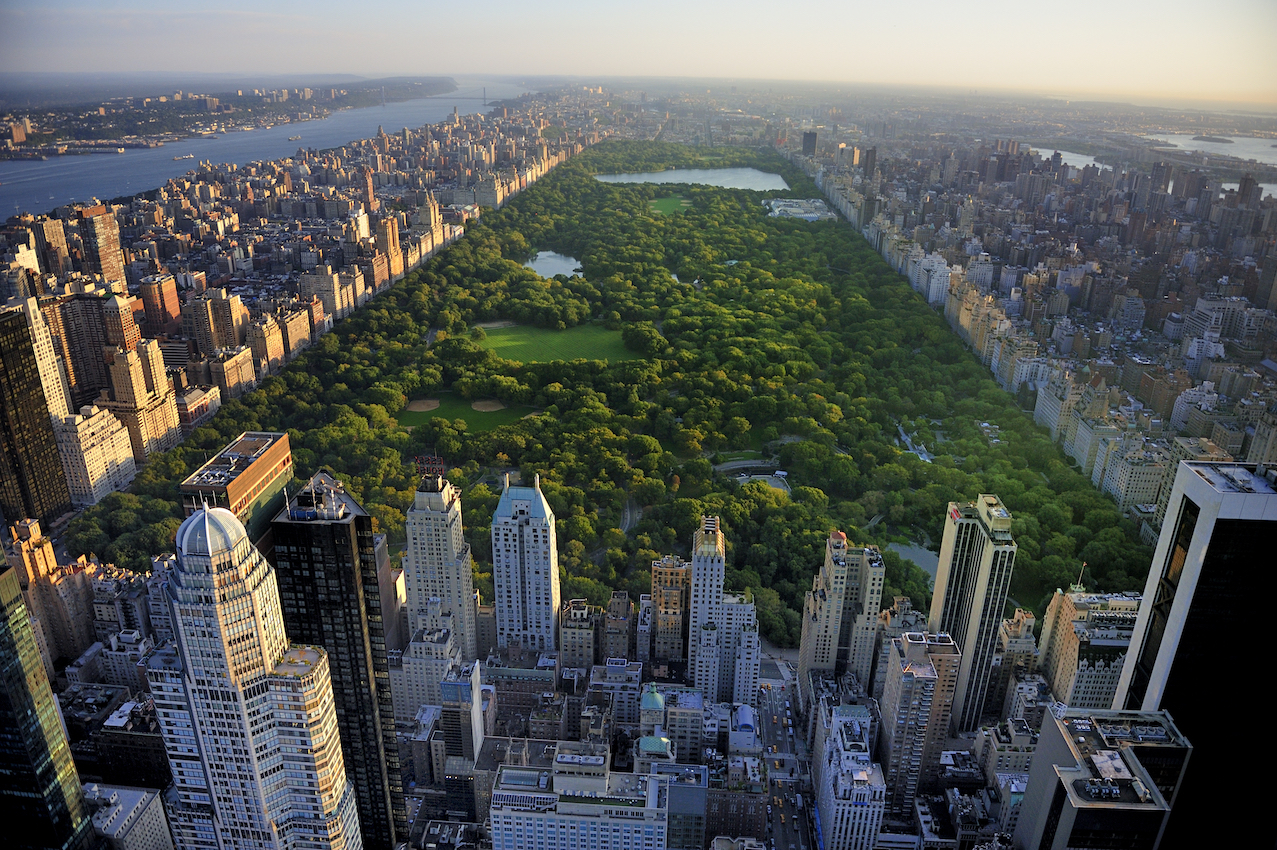
Urban forests can store as much CO2 as tropical rainforests
City parks, trails, and urban green spaces are essential to combating pollution and providing habitable spaces for a range of animals.
Studies have shown that walking in non-polluted areas has a positive effect on lung capacity and heart health, but how effective are these important green spaces in absorbing carbon?
New research conducted by researchers from University College London found that urban forests can store as much carbon as tropical rainforests.
The results were published in the journal Carbon Balance and Management and highlight the crucial role that urban green spaces can play in combating climate change.
For the study, the researchers used public LiDAR, Light Detection and Ranging, data combined with a pioneering new technique of ground-based LiDAR measurements to create carbon storage maps across the London Borough of Camden.
LiDAR builds detailed 3D pictures of trees by using millions of laser pulses. The accurate tree images can then be used to measure how much carbon has been absorbed through the tree’s lifespan.
The map showed the carbon storage abilities of 85,000 trees in the area, and the researchers discovered that some urban forests could store up to 178 tons of carbon per hectare. Comparatively, most tropical rainforests average 190 tons of carbon per hectare.
“Urban trees are a vital resource for our cities that people walk past every day,” said Phil Wilkes, the lead author of the study. “We were able to map the size and shape of every tree in Camden, from forests in large parks to individual trees in back gardens. This not only allows us to measure how much carbon is stored in these trees but also assess other important services they provide such as habitat for birds and insects.”
Urban forests provide shade, wetlands around urban cities help combat flooding, and urban green spaces filter pollution and offer habitable spaces for birds and other animals.
The importance of urban forests and green spaces can’t be understated, and it was estimated by Treeconomics that urban forests provide 1.33 million pounds worth of services.
The results show that urban forests have many benefits but are also effective carbon sinks and can store as much carbon as rainforests.
“An important outcome of our work was to highlight the value of urban trees, in their various and very different settings. The approach has been really successful so far, so we’re extending it across London, to other cities in the UK and internationally,” said Mat Disney, a co-author of the study.
—
By Kay Vandette, Earth.com Staff Writer













